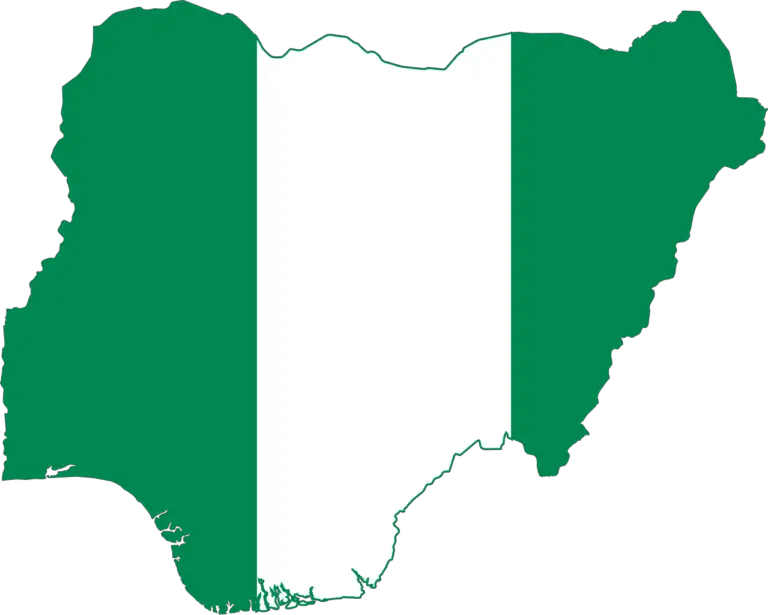
By Akubuko Esther Latonia
In a nation as diverse and vibrant as Nigeria, the age-old question of who bears the responsibility for driving change has long been a subject of debate. While it is undeniable that the government plays a pivotal role in shaping the destiny of a nation, it is equally important to recognize that lasting change requires the active involvement and commitment of every Nigerian. The question is “Changing the narrative is whose responsibility in actuality?” Many have solely relied on the government and have seen the government as the only corrupt people in this nation. That notion has left the patriotism of many Nigerians questionable.
However, it Is necessary for every Nigerian to know that it is time for us to collectively shoulder the responsibility of transforming the nation for the better, rather than merely relying on the government to do it all.
Nigeria, with its rich tapestry of cultures, languages, and traditions, is a land of immense potential. Yet, we face a myriad of challenges, from corruption and insecurity to inadequate infrastructure and healthcare. These problems have persisted for years, and the expectation that the government alone can solve them is unrealistic. It is necessary for Nigerians to know that it is time for a paradigm shift, a collective awakening to the idea that we, the citizens, are not just passive observers but active agents of change.
The prevailing sentiment that “the government should fix everything” has contributed to a culture of complacency. It is time Nigerians realize that change begins with us. Our communities, our streets, and our neighborhoods are the building blocks of this great nation, and it is within our power to make them better. Here are ways individuals can contribute to the effort to change the narrative:
– Education: This is a prime example. Even though it’s crucial for the government to invest in education infrastructure and policies, parents and communities also bear the responsibility of ensuring that children receive a quality education. Volunteerism, mentorship, and supporting local schools are ways in which individuals can directly contribute to the development of the education sector.
– Fight against corruption: This is another arena where individual responsibility plays a pivotal role. Corruption is a cancer that erodes the foundations of any society. Instead of waiting for government agencies to eradicate it, we can lead by example. Choosing honesty over bribery, reporting corruption when encountered, and supporting anti-corruption initiatives can collectively create a more transparent and accountable society.
– Security: This is a very paramount segment. While we ensure the government maintains law and order, community vigilance and cooperation with law enforcement agencies are equally vital. Neighborhood watch programs and community policing can help bolster security at the grassroots level, making our streets safer for everyone.
– Infrastructure development: This is a supposedly shared responsibility. Rather than bemoaning the state of our roads or public facilities, citizens can equally engage in community-driven initiatives to repair and maintain them. This not only improves local living conditions but also reduces the burden on government resources.
– Healthcare facilities: Another essential aspect citizens can contribute to change its narrative is the health sector. Promoting healthy lifestyles, supporting local clinics, and participating in health education campaigns can go a long way in improving the overall well-being of our communities.
It’s crucial to remember that change doesn’t happen overnight. It’s a collective effort that requires patience, perseverance, and unity. While we hold our elected officials accountable, it is imperative we also understand that nation-building requires both the efforts of the elected officials and the governed citizens.
In conclusion, Nigeria’s future lies in the hands of Nigerians. We should wake from our slumber, do away with the “it is government responsibility mentality,” and know that it is time to transcend the notion that we are passive spectators in our nation’s story. We are the authors of our destiny, and every citizen has a part to play in rewriting the narrative. By actively participating in community development, upholding ethical values, and demanding accountability from our leaders, we can collectively transform Nigeria into the great nation it has the potential to be. It’s not just the government’s responsibility, but ours too.





